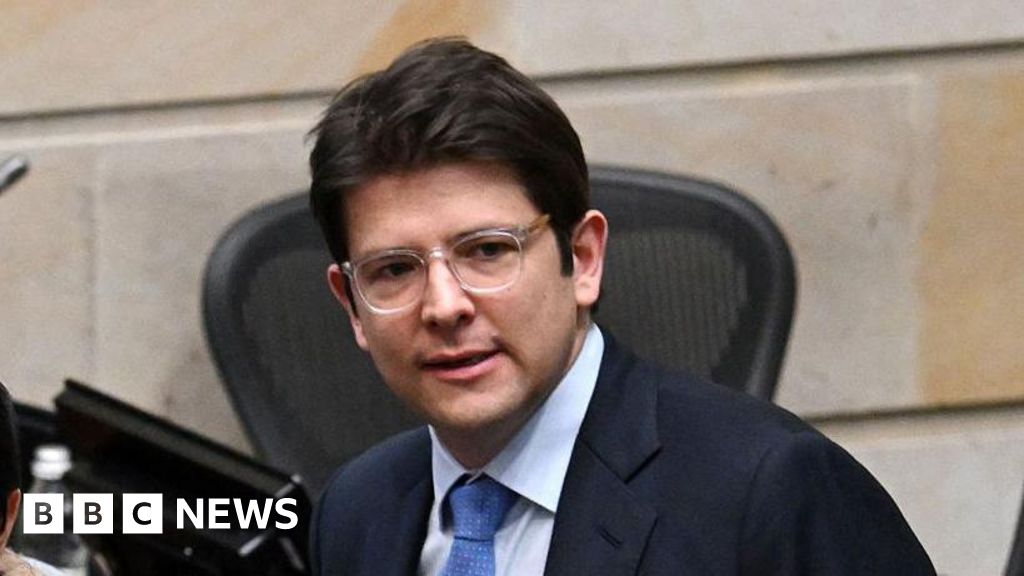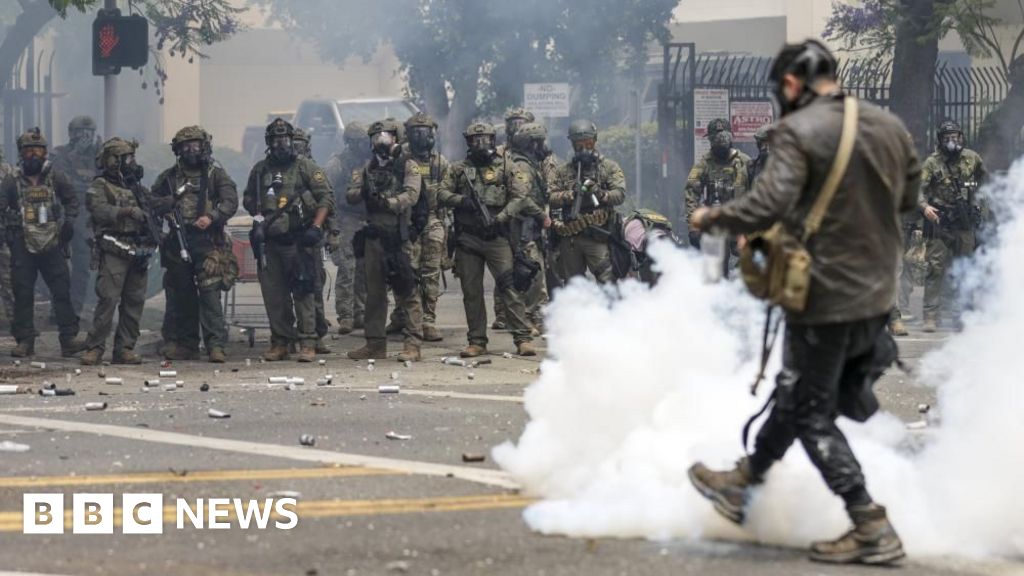ARTICLE AD BOX
Image source, Reuters
Image caption, Israeli Arabs protested in Umm al-Fahm on Friday against a wave of violent crime in their communitiesIsrael's government has approved plans to spend billions of dollars to improve conditions for its large Arab minority, which has long complained of being marginalised.
It will earmark funding to help sectors including housing, education and employment over the next five years.
Ministers also passed a plan to spend almost $1bn (£730m) to tackle high crime rates in Israeli Arab areas.
Arabs comprise about one fifth of Israel's population of 9.3 million.
The leader of the Arab Islamist Raam party, which is in the governing coalition, welcomed the move.
Mansour Abbas said that although it "will not erase years of neglect, [it] will go a long way to close the gaps between Jewish and Arab sectors".
Israel's Arabs often claim that their communities receive less funding per capita from the government than Jewish communities.
Tensions between the two communities soared in parts of Israel earlier this year during an 11-day conflict between Israel and Palestinian militants in Gaza.
Israeli Arabs descend from Palestinians who became Israeli citizens following the creation of the state in 1948-49. Many still self-identify as Palestinian or express solidarity with those living in the occupied West Bank and Gaza.
The biggest of the government's plans includes spending $9.4bn (£6.8bn) on improving employment opportunities and health services for Israeli Arabs, and investing hi-tech and housing, as well as renovating ageing infrastructure, in Arab areas.
It places a focus on Israeli Arab women's health and on making it easier for them to access the job market.
The cabinet also backed a national plan to deal with spiralling crime and violence in the Arab sector. This year alone more than 100 Israeli Arabs have been killed in attacks by other members of their community.
Bereaved families and Arab officials claim that police inaction is one of the main reasons, while the police say investigations are often hampered by a lack of co-operation and trust.
"The state will do its part, but the Arab street must be all in as well," said Israeli Prime Minister Naftali Bennett. "It will not be easy, but we must succeed."
The plans will form part of the state budget, which will be voted on by parliament next month.

 3 years ago
48
3 years ago
48








 English (US) ·
English (US) ·